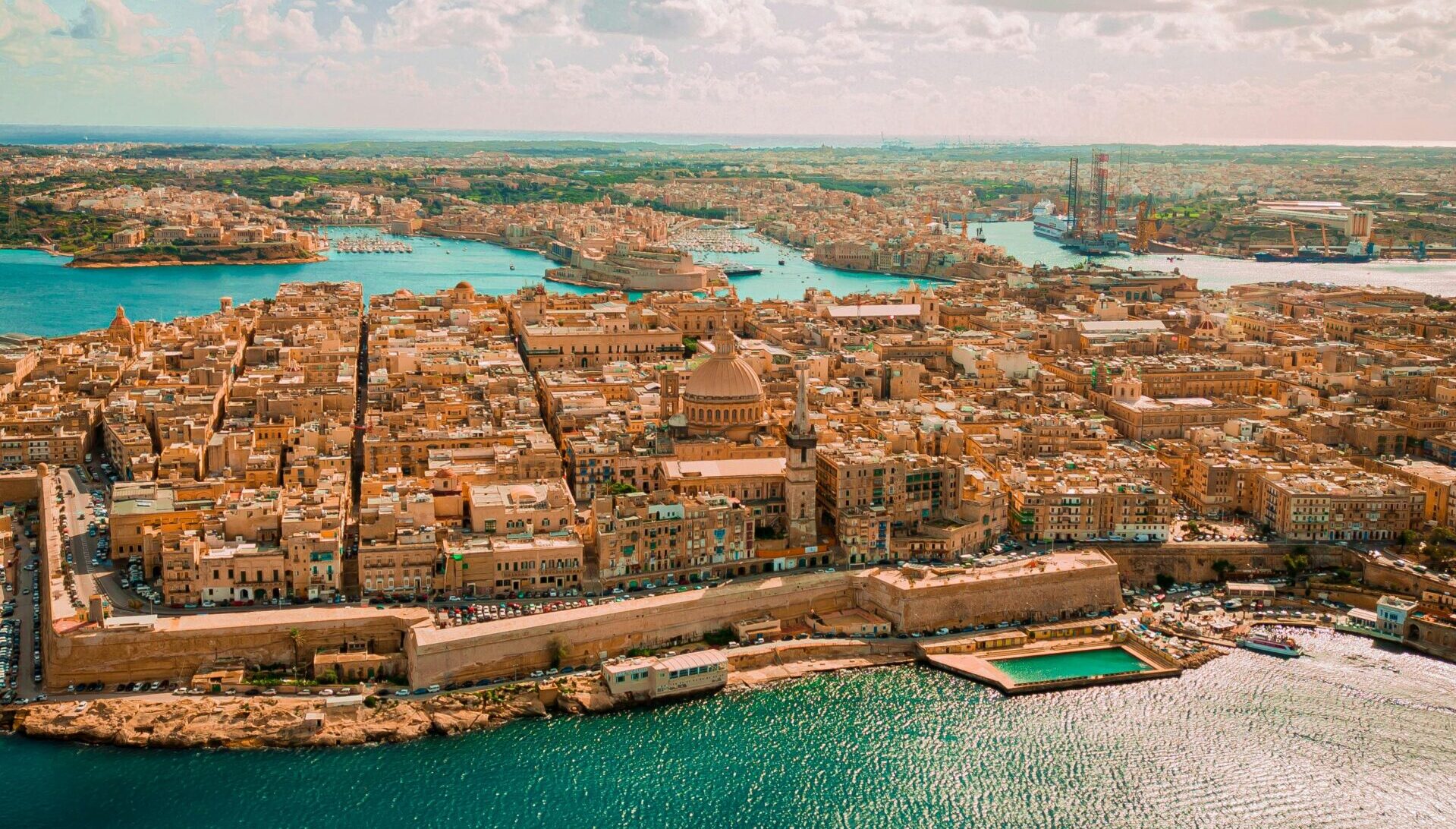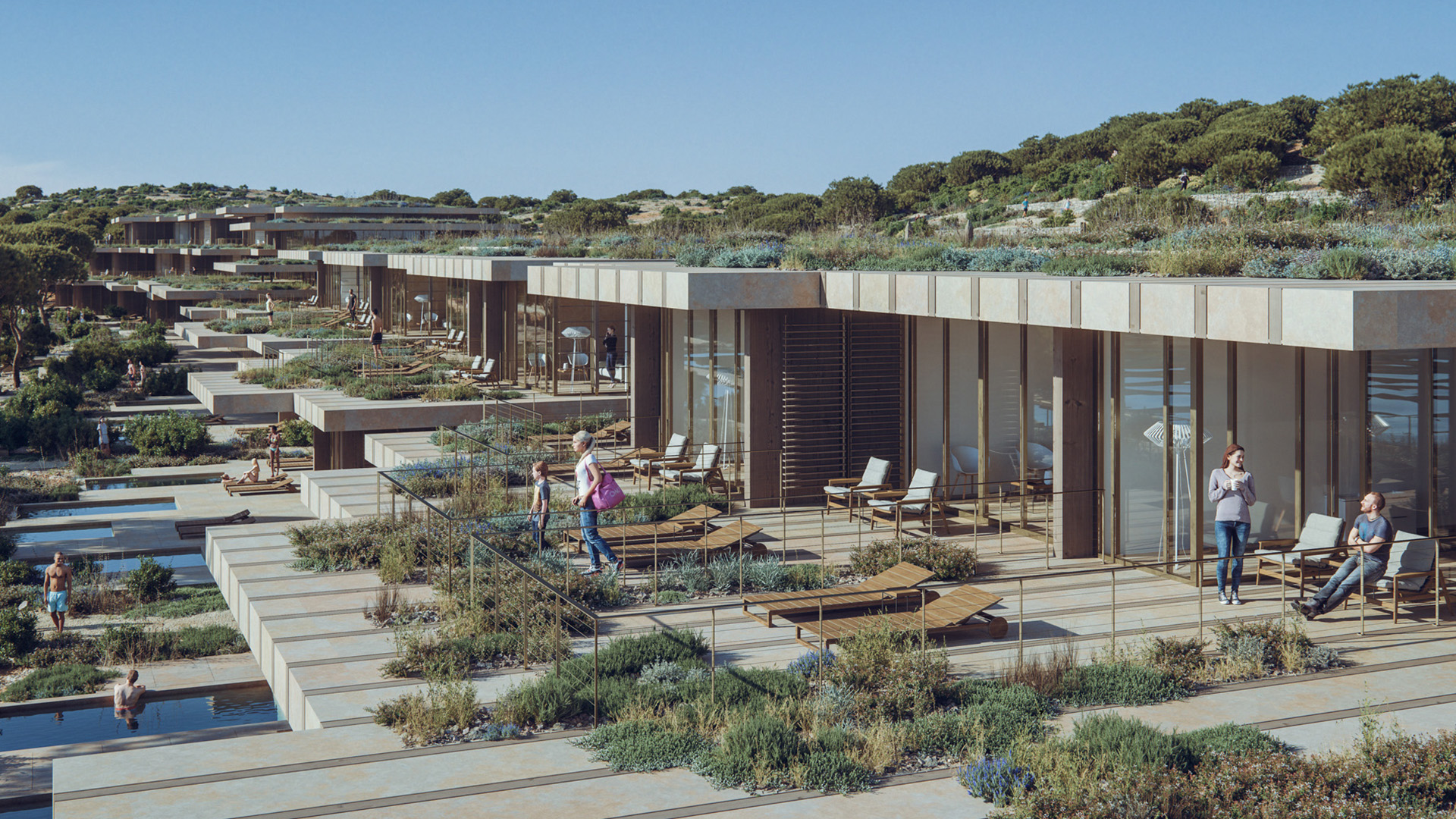The Executive Board of the International Monetary Fund (IMF) has released its latest assessment of Malta’s economic landscape, highlighting strong growth, fiscal challenges, and the need for structural reforms.
While Malta has seen significant economic expansion over the past decade, concerns about sustainability and capacity constraints are rising.
In its report, the IMF Executive Board remarked the following:
Economic growth and labour market trends
Malta’s economy has been one of Europe’s fastest-growing, driven by export-oriented service industries such as tourism and online gaming. Growth has moderated but remains robust, with GDP expansion projected at five per cent in 2024 and four per cent in 2025. However, Malta’s labour-intensive growth model, heavily reliant on foreign workers, has raised concerns about sustainability, particularly given rising population density and infrastructure strain.
Employment remains strong, with a 5.75 per cent increase in the first half of 2024. Unemployment remains historically low at three per cent, and foreign workers now constitute over 30 per cent of total employment. Wage growth has picked up, but real wages are still lower than two years ago. Labour shortages and skills mismatches remain structural issues that require attention.
Fiscal policy and energy subsidies
Malta’s fiscal deficit has narrowed but remains a concern.
The overall deficit is projected to decline to around 2.75 per cent of GDP by 2029, while public debt is expected to stay at approximately 50 per cent of GDP – below the EU’s 60 per cent ceiling. However, energy subsidies remain substantial, accounting for 20 per cent of the fiscal deficit.
The IMF recommends phasing out the fixed-energy price policy, shifting towards more targeted subsidies, and redirecting fiscal resources towards investment, innovation, and essential services such as healthcare.
A roadmap for corporate income tax (CIT) reform, aligned with the EU’s Directive on Pillar II, is also advised to provide clarity for investors and taxpayers. Delaying implementation risks losing revenue to jurisdictions that adopt the directive sooner.
Financial stability and real estate risks
Malta’s financial system remains stable, but there are concerns about the real estate sector. Bank credit to households has grown, while lending to non-financial corporates has slowed. Real estate transactions have rebounded, with property prices rising by seven per cent over the past year. Rental prices continue to surge, driven by a tourism boom and strong inward migration.
The IMF recommends tighter macroprudential policies, including raising the sectoral systemic risk buffer rate beyond residential mortgages. Supervisors should ensure robust underwriting standards and monitor commercial real estate markets more closely.
Additionally, continued assessments of cyber risk resilience in financial institutions are advised.
Sustainable growth and innovation
To ensure long-term sustainability, Malta must focus on a productivity-driven growth strategy. The Government’s Malta Vision 2050 aims to align fiscal planning with strategic goals, addressing emerging challenges such as population aging, climate transition, and infrastructure needs.
The IMF stresses the importance of supporting innovation through well-designed grants and tax incentives. Malta’s newly established Venture Capital Fund is a step in the right direction, but further financing mechanisms for startups and SMEs are necessary.
Enhancing STEM education, digital skills, and adult learning will also be crucial for economic transformation.
Climate and tourism challenges
Malta’s ambitious climate goals require further mitigation measures and behavioural changes to meet the 19 per cent emissions reduction target by 2030. A comprehensive vulnerability risk assessment and updated adaptation plan are needed.
Tourism, a key economic driver, also presents sustainability challenges. With numerous hotel projects underway, infrastructure bottlenecks and labour shortages may worsen.
The IMF recommends careful implementation of the Malta Tourism Strategy 2021–2030 to balance growth with environmental and social concerns.
Hili’s Comino Hotel redevelopment recommended for approval
The PA's recommendation signals that, with the necessary safeguards, the redevelopment can proceed
Limited direct impact, but real risks: Economist weighs in on US tariffs
Stephanie Fabri urges businesses to prepare for a more unpredictable global environment
FIAU imposes €1 million fine on crypto exchange OKCoin Europe for AML breaches
The decision follows an onsite compliance examination carried out in 2023






